Once toppled in the 2019 uprising, Sudan’s National Congress Party (NCP) is staging a political comeback – through the barrel of a gun.
The NCP, which ruled under autocrat Omar al-Bashir for three decades, has resurfaced in the shadows of Sudan’s brutal civil war, backing the military’s campaign against the paramilitary Rapid Support Forces (RSF). Now, with momentum shifting on the battlefield, the movement sees a new window to claw its way back into power.
In an exclusive interview from a hideout in northern Sudan, NCP chair Ahmed Haroun – an indicted war criminal wanted by the International Criminal Court (ICC) – said that the army is likely to maintain control long after the fighting ends.
“We will return through the ballot box,” he said, suggesting a military-led transitional period followed by elections. “The Western model isn’t practical here.”
Sudan’s civil war, now in its third year, has killed tens of thousands, triggered famine, and displaced over 10 million people, according to the U.N., which has called it the world’s worst humanitarian crisis.
While the RSF holds parts of Darfur and the south, the Sudanese army has made major gains in recent months. Military and NCP insiders say that wouldn’t have happened without thousands of NCP-aligned fighters – though both sides downplay their relationship in public.
Despite being outlawed, the NCP has reasserted its influence across the military and bureaucracy, with loyalists landing posts in the cabinet of newly appointed technocratic Prime Minister Kamil Idris.
According to one internal document, the NCP boasts of contributing up to 3,000 fighters and helping mobilize tens of thousands more.
Haroun, who escaped prison when the war broke out, denied direct command over troops but admitted that “it’s no secret we support the army to ensure our survival.”
Military sources say NCP fighters – particularly the elite al-Baraa Ibn Malik brigade – played a key role in breaking RSF sieges around Khartoum, often using artillery and drones. Their commander, Owais Ghanim, said he’s been wounded three times and denied allegations of extrajudicial killings.
Ghanim insisted their fight wasn’t aimed at reinstating NCP rule but acknowledged they expect to reenter the political arena through elections once the war is over.
Even as army chief Gen. Abdel Fattah al-Burhan insists the NCP will not return to power, he’s leaned on the party’s networks for manpower, finances, and regional ties. NCP figures have reportedly reached out to Iran, Qatar, and Türkiye to secure weapons.
But that alignment risks alienating powerful players. The army recently cut diplomatic ties with the UAE, accusing it of backing the RSF. Washington, meanwhile, is watching warily as the NCP regains ground politically and militarily.
Analysts say the NCP’s resurgence may mark the death knell of Sudan’s pro-democracy hopes and could ignite fresh rifts with nations seeking to keep the NCP at bay.
“We must develop our own model,” Haroun said. “The army must stay until all threats are removed.”

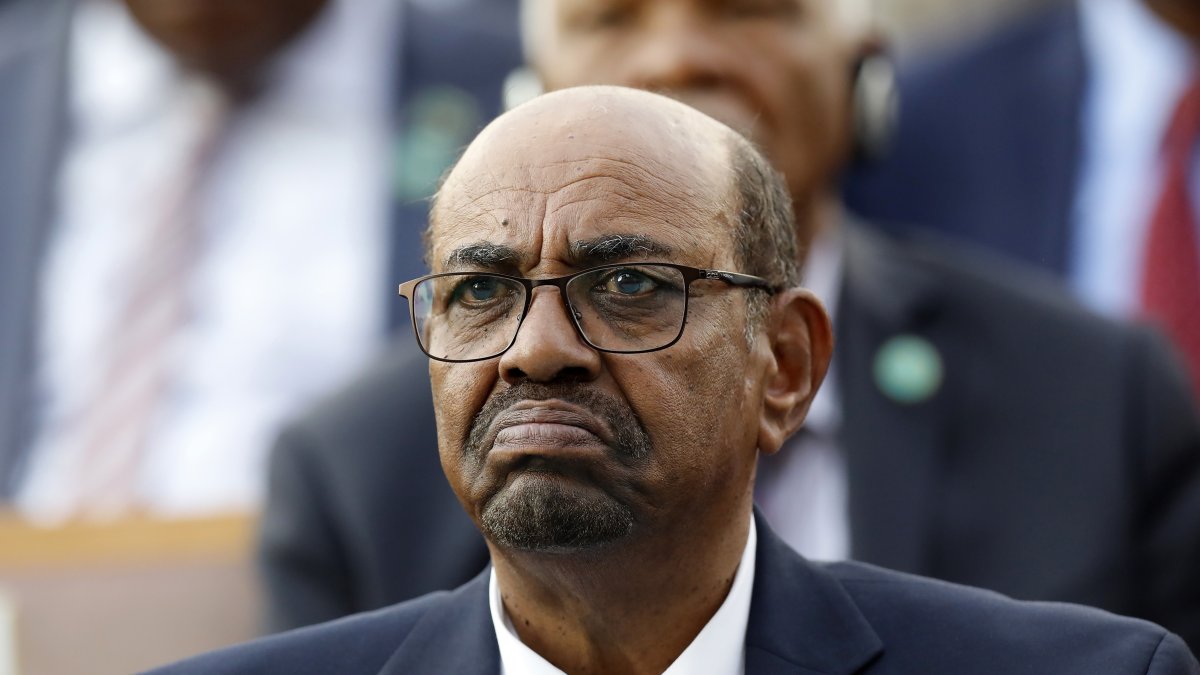
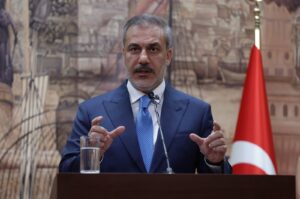

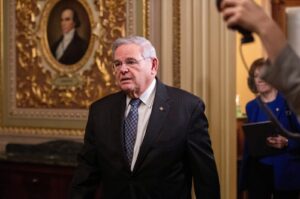
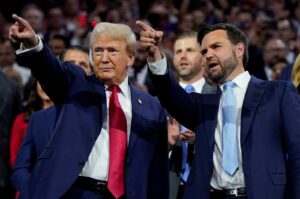
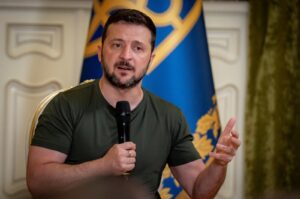
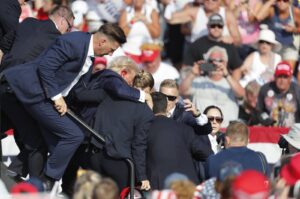

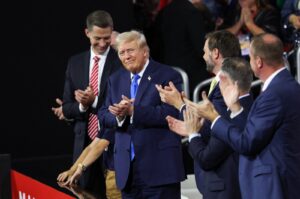
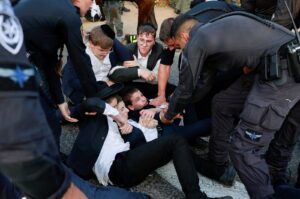
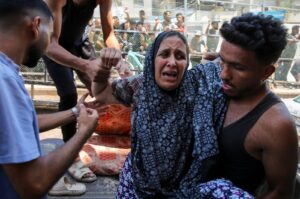
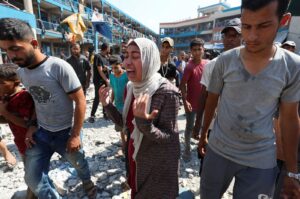
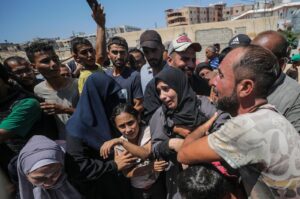
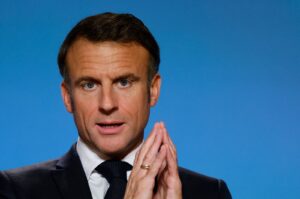
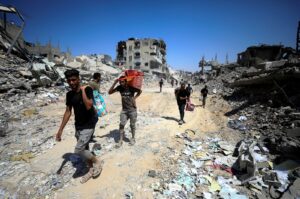
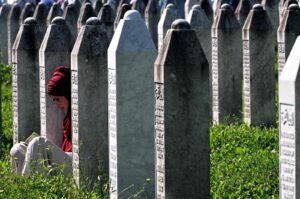
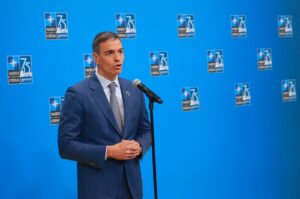
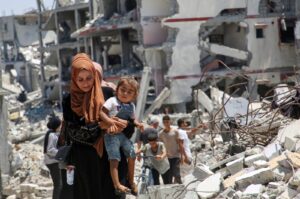
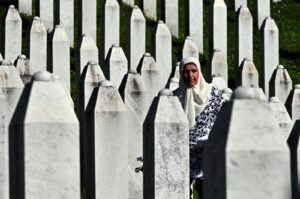
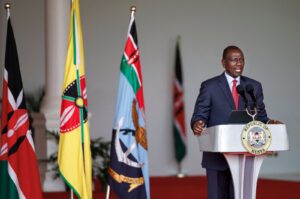
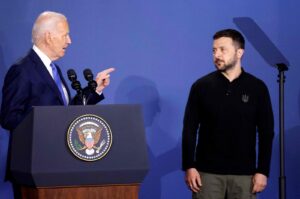
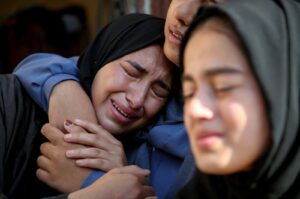
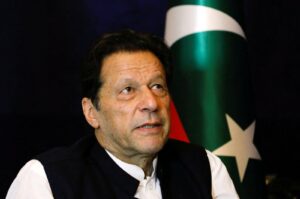
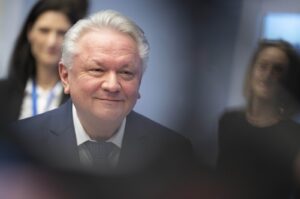

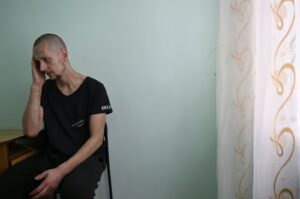
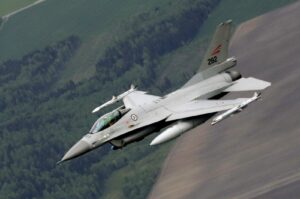
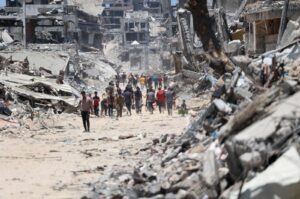
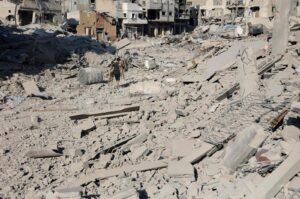
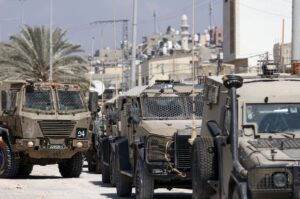
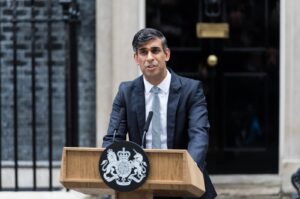
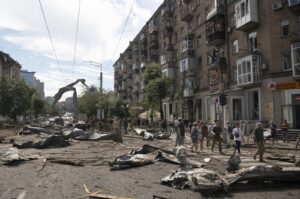

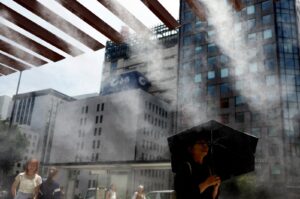
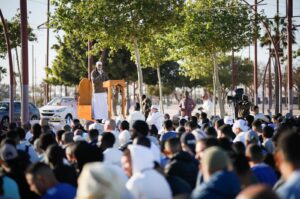

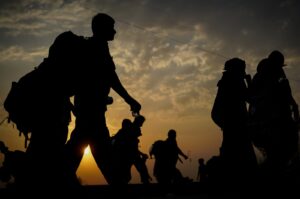
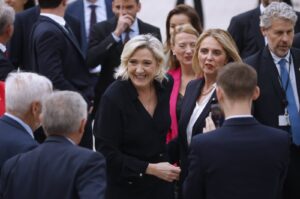
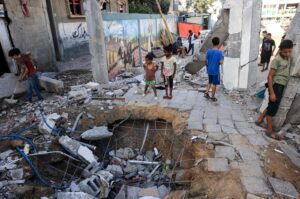
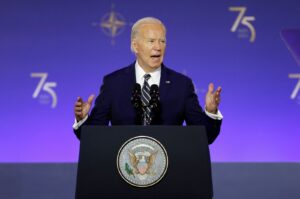
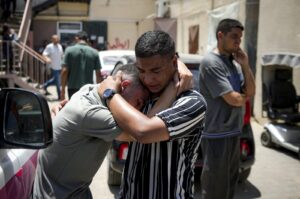
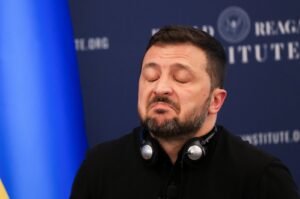
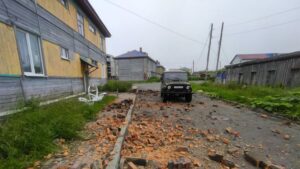

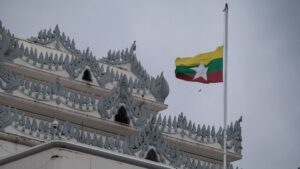
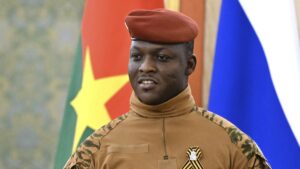

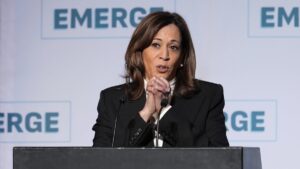
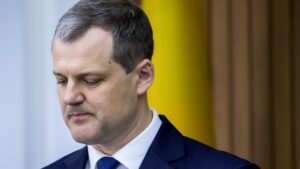
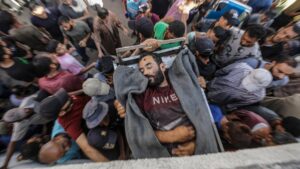
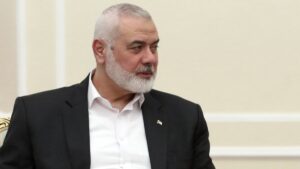
Be First to Comment